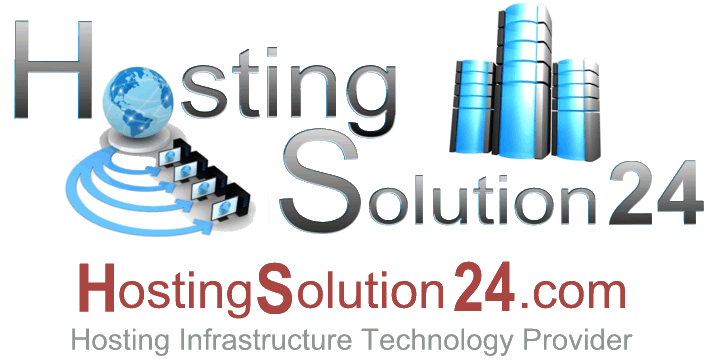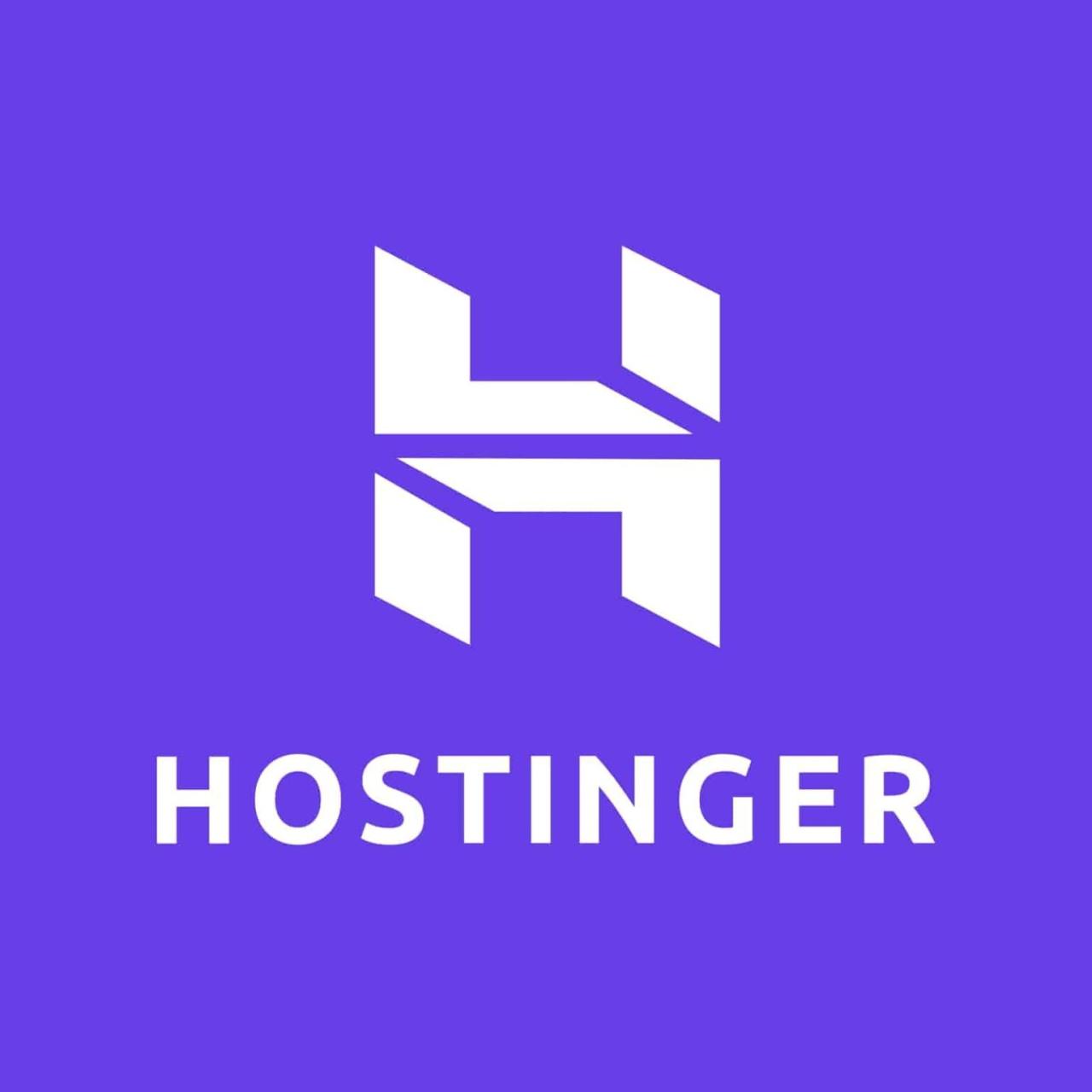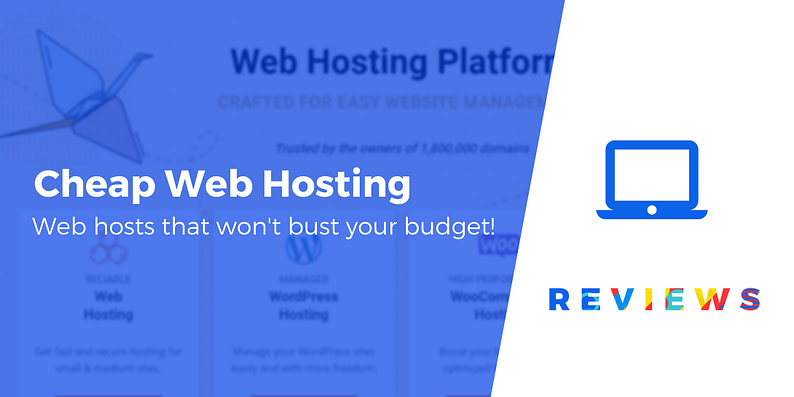Web hosting solutions 24, ensuring your website remains accessible around the clock, are essential for businesses and individuals alike. Whether you’re running an e-commerce store, a blog, or a portfolio website, uninterrupted uptime is crucial for success.
Imagine a world where your website disappears for hours or even days at a time. Lost revenue, frustrated customers, and a damaged reputation are just a few of the consequences you might face. 24/7 web hosting eliminates these concerns by providing constant access to your online presence, guaranteeing your website is always up and running, no matter the time or day.
Understanding Web Hosting Solutions 24/7
Imagine running a bustling online store or a popular news website. What happens when your website suddenly goes down? The answer is lost sales, frustrated customers, and a damaged reputation. This is where 24/7 web hosting comes in, ensuring your website is always accessible and running smoothly, regardless of the time or day.
The Importance of 24/7 Web Hosting for Website Uptime
24/7 web hosting means your website is constantly monitored and maintained, even outside regular business hours. This continuous support is crucial for website uptime, which refers to the percentage of time a website is available and operational.
- For instance, if a website experiences an outage for an hour, its uptime would be 99.94%.
- High uptime is essential for businesses relying on their websites for revenue generation or communication, as even short downtime can significantly impact their operations.
Benefits of Round-the-Clock Support and Maintenance
Having round-the-clock support and maintenance offers numerous benefits for website owners, including:
- Increased Website Reliability: 24/7 monitoring and maintenance proactively address issues before they escalate, minimizing downtime and ensuring a consistent online presence.
- Enhanced Security: Continuous monitoring helps identify and mitigate security threats, protecting your website and user data from attacks.
- Improved User Experience: Website visitors expect a seamless online experience, and 24/7 hosting ensures fast loading times and minimal interruptions, leading to higher customer satisfaction.
- Peace of Mind: Knowing your website is in capable hands, even when you’re not, provides peace of mind and allows you to focus on other aspects of your business.
Scenarios Where 24/7 Web Hosting is Crucial
24/7 web hosting is particularly crucial for websites with specific needs, such as:
- E-commerce Platforms: Online stores rely heavily on website availability for sales and customer engagement. 24/7 hosting ensures continuous operation, even during peak shopping seasons or unexpected events.
- Websites with Global Audiences: Websites catering to users worldwide require constant availability to accommodate different time zones and ensure a consistent experience for all visitors.
- Critical Business Applications: Websites hosting essential business applications, such as CRM systems or internal databases, demand high uptime to maintain business continuity and prevent disruptions.
Choosing the Right 24/7 Web Hosting Solution
Choosing the right 24/7 web hosting solution is crucial for ensuring your website’s performance, reliability, and security. It’s an investment that directly impacts your online presence and business success. This guide will help you navigate the process of selecting the best hosting solution for your specific needs.
Factors to Consider When Choosing a Web Hosting Solution
The decision-making process begins with a thorough understanding of your website’s requirements and your budget. Consider these factors:
- Website Traffic: The anticipated volume of visitors to your website is a key factor. High-traffic websites require more resources, such as powerful servers and ample bandwidth.
- Storage Requirements: The amount of data your website needs to store, including images, videos, and databases, will determine the storage space you need.
- Bandwidth Needs: Bandwidth refers to the amount of data that can be transferred between your website and visitors’ browsers. Websites with heavy multimedia content require more bandwidth.
- Technical Expertise: Your technical expertise level will influence the type of hosting solution you choose. If you’re not familiar with web server management, a managed hosting solution might be a better option.
- Security: Protecting your website and data from cyber threats is paramount. Look for hosting providers that offer robust security features like firewalls, malware protection, and regular security updates.
- Scalability: As your website grows, your hosting needs may change. Choose a provider that offers scalable solutions, allowing you to easily upgrade your resources as required.
- Budget: Web hosting costs vary depending on the features and resources offered. Set a realistic budget and compare pricing plans from different providers.
Evaluating Hosting Providers, Web hosting solutions 24
Once you’ve identified your website’s requirements, you can start evaluating hosting providers. Here’s a checklist to help you compare:
- Features: Compare the features offered by different providers, such as storage space, bandwidth, databases, email accounts, and security features.
- Pricing: Compare pricing plans and ensure they align with your budget. Consider factors like monthly fees, setup costs, and renewal rates.
- Customer Support: Reliable customer support is crucial. Look for providers that offer 24/7 support via phone, email, or live chat. Check their response times and customer satisfaction ratings.
- Performance: Research the provider’s server uptime and performance metrics. Look for providers with a high uptime guarantee and reliable server infrastructure.
- Reputation: Check online reviews and testimonials from other users to get an idea of the provider’s reputation for reliability, customer service, and technical expertise.
Tips for Choosing the Right Hosting Solution
- Start with a Shared Hosting Plan: For small websites with low traffic, shared hosting is a cost-effective option. Shared hosting plans allow multiple websites to share the same server resources.
- Consider VPS Hosting for Increased Performance: Virtual Private Server (VPS) hosting provides dedicated resources and greater control over your server environment. VPS hosting is suitable for websites with moderate traffic and performance demands.
- Choose Dedicated Hosting for High-Performance Websites: Dedicated hosting offers a dedicated server for your website, providing the highest level of performance and control. This option is ideal for large websites with high traffic and resource-intensive applications.
- Explore Cloud Hosting for Scalability: Cloud hosting provides a scalable and flexible solution, allowing you to adjust resources as needed. Cloud hosting is a good choice for websites with unpredictable traffic patterns or those that experience seasonal peaks.
- Look for Managed Hosting for Ease of Management: Managed hosting services provide server management and technical support, freeing you from the complexities of server administration. This option is ideal for businesses with limited technical expertise.
Security and Data Protection
In today’s digital landscape, safeguarding your website and its data is paramount. 24/7 web hosting providers understand this critical need and offer a comprehensive suite of security measures to protect your online presence from cyber threats and data breaches.
These providers implement robust security protocols that encompass various layers of protection, ensuring the integrity and confidentiality of your website and its valuable data.
Firewall Protection
Firewalls act as the first line of defense, creating a barrier between your website and the external world. They examine incoming and outgoing network traffic, blocking unauthorized access and malicious attempts to penetrate your system. Firewalls analyze traffic based on predefined rules, identifying and rejecting suspicious connections, effectively preventing unauthorized access to your website’s resources.
Intrusion Detection Systems
Intrusion detection systems (IDS) monitor network activity for suspicious patterns and potential security breaches. They analyze traffic in real-time, identifying and alerting administrators to potential threats. These systems can detect various attack types, including brute-force attacks, SQL injection attempts, and cross-site scripting vulnerabilities.
Malware Scanning
Regular malware scanning is essential to detect and remove malicious software that can compromise your website’s security and infect your data. 24/7 web hosting providers typically employ automated malware scanning tools that regularly check for known vulnerabilities and malicious code. These tools identify and quarantine infected files, preventing further spread and potential damage to your website.
Regular Security Updates
Software vulnerabilities are constantly being discovered, and attackers exploit these weaknesses to gain unauthorized access to systems. Regular security updates are crucial to patch these vulnerabilities and strengthen your website’s defenses. 24/7 web hosting providers ensure that all software, including operating systems, applications, and plugins, are kept up-to-date with the latest security patches, minimizing the risk of exploitation.
Data Backup and Recovery
Data backup and recovery are essential for business continuity and disaster recovery. In case of a security incident, data loss can be catastrophic. 24/7 web hosting providers offer robust data backup solutions, ensuring regular backups of your website’s data, including files, databases, and configurations. These backups are stored securely offsite, providing a reliable recovery point in case of a data breach or system failure.
Data Backup and Recovery Flowchart
[Data backup and recovery flowchart illustration]
The flowchart illustrates the process of data backup and recovery in case of a security incident.
– The process starts with regular data backups being taken from your website and stored securely offsite.
– If a security incident occurs, the affected data is isolated to prevent further damage.
– The backup data is then restored to a clean environment, ensuring a complete recovery of your website and data.
– This process ensures business continuity and minimizes downtime, allowing you to recover quickly and efficiently from a security incident.
Future Trends in 24/7 Web Hosting

The web hosting landscape is constantly evolving, driven by advancements in technology and changing user demands. Understanding emerging trends is crucial for website owners to optimize performance, enhance security, and ensure cost-effectiveness. This section explores key trends that will shape the future of 24/7 web hosting.
Serverless Computing
Serverless computing is a cloud-based execution model that allows developers to run code without managing servers. This approach eliminates the need for infrastructure management, freeing up resources for developers to focus on building applications.
- Scalability and Elasticity: Serverless platforms automatically scale resources based on demand, ensuring optimal performance even during traffic surges. This eliminates the need for manual scaling, saving time and resources.
- Cost-Effectiveness: Users only pay for the resources they consume, making it a cost-effective solution for applications with fluctuating demand.
- Faster Development: Serverless computing simplifies development by abstracting away infrastructure management, allowing developers to focus on building and deploying applications more quickly.
Edge Computing
Edge computing brings computation and data storage closer to users, reducing latency and improving performance. This approach is particularly beneficial for applications that require real-time processing, such as streaming services and online gaming.
- Reduced Latency: Edge computing minimizes the distance between users and data, resulting in faster response times and improved user experience.
- Enhanced Security: By processing data closer to users, edge computing reduces the risk of data breaches and improves security.
- Improved Performance: Edge computing can handle localized traffic, reducing load on central servers and improving overall website performance.
Artificial Intelligence (AI)
AI is transforming various industries, and web hosting is no exception. AI-powered tools are being used to automate tasks, improve security, and enhance user experience.
- Automated Security: AI algorithms can analyze website traffic and identify suspicious activity, proactively preventing security threats.
- Personalized User Experience: AI can personalize website content and recommendations based on user behavior and preferences, enhancing user engagement.
- Performance Optimization: AI can analyze website data and identify bottlenecks, optimizing performance and resource utilization.
Last Recap: Web Hosting Solutions 24

Choosing the right 24/7 web hosting solution is a vital step in building a successful online presence. By understanding the different types of hosting available, the essential features to look for, and the importance of reliable support, you can confidently select a provider that meets your needs and keeps your website running smoothly. With the right web hosting partner, you can focus on growing your business and achieving your online goals, knowing your website is always available to your audience.




